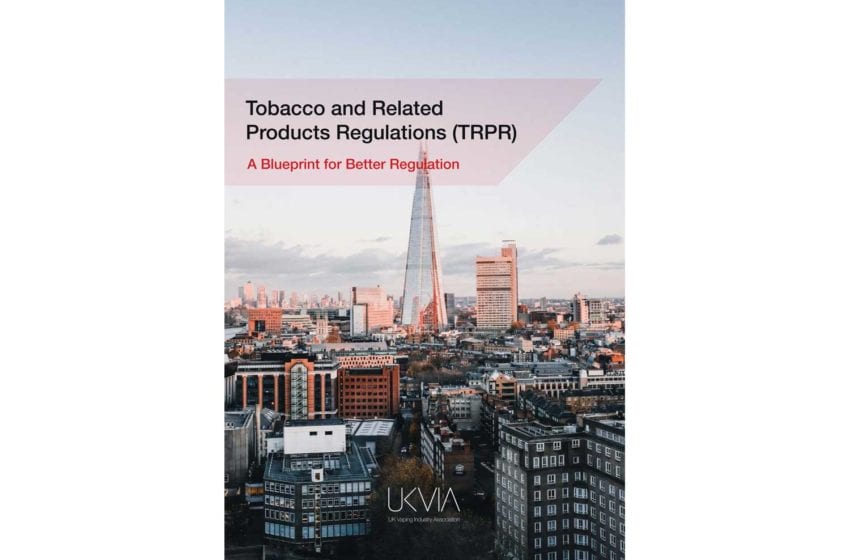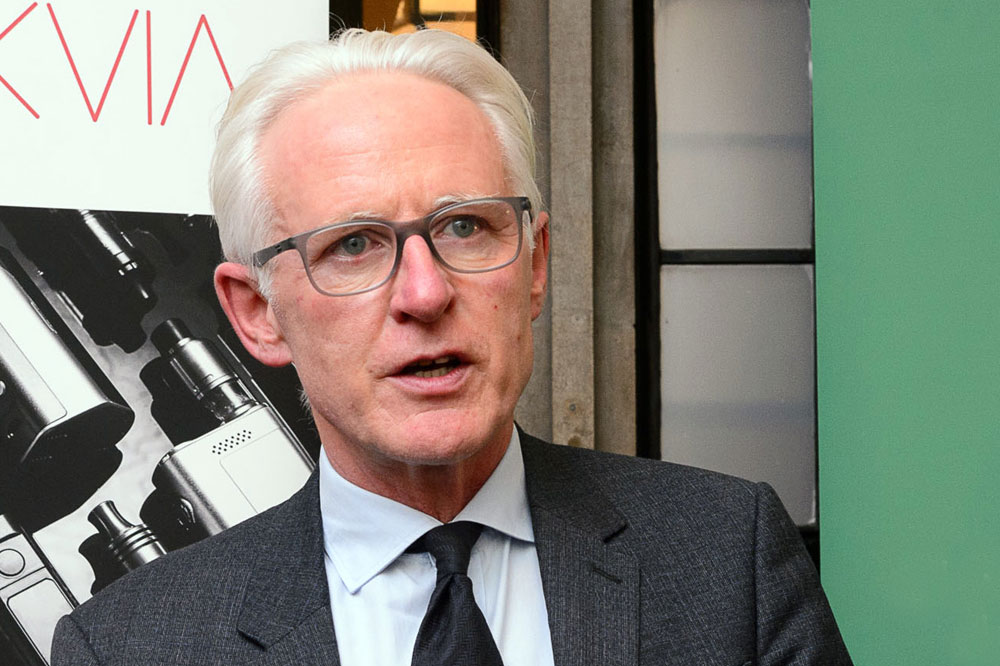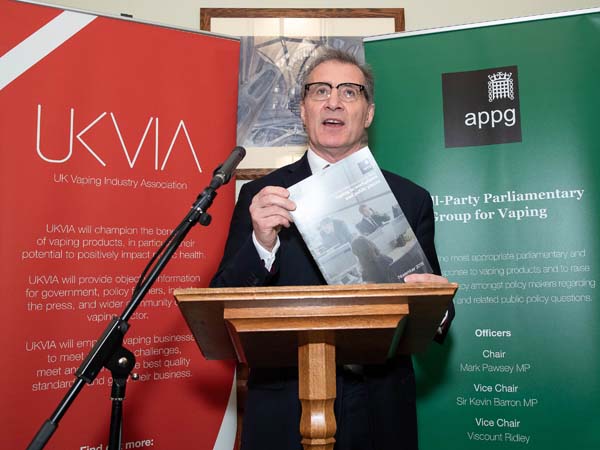
E-cigarettes and other vaping products should only be sold from behind the counter, like cigarettes, and not be on display in shops, according to the British Medical Association (BMA). In a report published on Wednesday, the doctors’ union called on ministers to introduce legislation to tackle the “growing epidemic” of vaping in the UK.
The report is the first comprehensive paper laying out BMA’s policy on vaping since 2017. It is also the first time the organization has explicitly called for restrictions on all forms of advertising and marketing of e-cigarettes.
It follows a 2023 conference resolution for the BMA to review the dangers of vaping. Wednesday’s report, “Taking our breath away: why we need stronger regulation of vapes,” calls on the government to legislate to ensure that vapes are kept behind the counter and not on display in shops and retail outlets, according to media reports.
“More must be done to restrict advertising of [vapes] and reduce their visibility, so children and young people are not encouraged to use them,” the report states. “Removing the visibility of vapes in shops will help to reduce exposure and awareness of the product, and in turn, their use.”
It also recommends banning the sale of disposable vapes and the use of any non-tobacco vape flavors. Vapes should only be sold in plain packaging, with any imagery, coloring, and branding for both the packaging and vape device prohibited, as is the case for cigarettes.
Responding to the report, Deborah Arnott, chief executive of Ash, said: “In order for tougher regulations to curb youth vaping to be put in place, the tobacco and vapes bill must be fast tracked on to the statute book.
“We support strict regulation of the display and promotion of vapes and prohibiting use of sweet names, bright colours and cartoon imagery. However, vapes are a highly effective quitting aid for smokers, and it is important that they continue to be so.”
John Dunne, director general of the UK Vaping Industry Association (UKVIA) agrees that stronger measures are needed to cut off the supply of youth vaping and illicit products, however, actions laid out in the BMA report would “sooner supercharge the black market and push the nation’s smokefree ambitions further out of reach” by deterring adult smokers from making the switch and driving current vapers towards the black market or back to combustible cigarettes.
“The BMA undersells the quitting power of vapes when it says the reduced risk alternative ‘can be useful in helping some people to stop smoking,” Dunne said. “The latest data from leading public health charity Action on Smoking and Health UK found more than half of ex-smokers in Great Britain who quit in the past five years used a vape in their last attempt – ASH also reports that current and ever use of vapes amongst 11-17-year-olds has decreased since last year.
“A ban on all non-tobacco flavors, as advocated by the BMA, would be counter-productive, with the Royal College of Physicians recently warning flavors are an ‘integral part’ of the effectiveness of vaping as a quit aid – this is also reinforced by the findings of a Freedom of Information investigation conducted by the UKVIA. The soon-to-be-released data reveals that, of 31 surveyed stop-smoking services across England, more than nine in ten provide flavored vaping products as a quitting tool and that fruit options were most often recorded as, or amongst, the most popular choices for adult smokers.
“The industry does recognize that action should be taken to prevent youth-appealing products from ever making it to the shelves and has long campaigned for the government to adopt a balanced set of flavor names, descriptors, and packaging guidelines.
“If the BMA wants to see underage and illicit vape sales stopped, it should join the industry in calling for the introduction of a first-of-its-kind licensing scheme which would prevent inappropriate businesses – including sweet shops – from selling these products, bring into play stronger penalties for those caught flouting the law and generate upwards of £50 million in annual, self-sustaining funding which could be used to empower under-resourced Trading Standards.
“With regards to future public education campaigns, the BMA should be supporting initiatives that raise awareness of how adult smokers can benefit from considerably less harmful alternatives to conventional cigarettes, such as compliant vapes, which will save the NHS millions of pounds in not having to care for those suffering from smoking-related conditions, a cost which is estimated to be some £2.6 billion a year.”












